A New Year, a new me – how many times have we heard or said those fateful words?
Gyms rely on it to boost their January memberships while counsellors often get an increase in clients hoping for a fresh start.
For such a hope-filled statement, it certainly has an air of doom about it.
Or in other words, failure.
These New Year versions of ourselves regularly come attached with a long list of unrealistic expectations which for the next 365 days remain unchecked.
This collapse in goals can feel uncomfortable and disappointing and is one many people can actively try and avoid.
In a month where the concept of trying new things has never been more readily accepted, is it this hanging fear of failure that can sometimes stop us from venturing outside of our comfort zone?
Failing is a normal part of theatre
For most of us pedestrians, nothing says outside the comfort zone like being on stage.
The idea of trying to use three skills at once in front of an audience with bright lights highlighting any mistakes is a sure way to short-circuit the nerves.
But for Ruth Foster from Inverness Musical Theatre (IMT), learning to flounder is part of the package.
“Failing is an intrinsic part of performing and being judged by other people,” she said.
“You perform to please other people in the end and that’s a really difficult thing to do.”
The 26-year-old said she started theatre classes when she was two years old but despite being a principal in the role of Holly in The Wedding Singer last year, she constantly feels the effects of “imposter syndrome”.
Ruth has regularly battled with the feeling of failure in her personal life as well.
At 19, she was unable to study musical theatre due to unaffordable fees, so she studied primary teaching at Aberdeen University instead.
However, after struggling with her mental health and then myalgic encephalomyelitis (ME), she was again forced to change direction.
It was only during Covid, after avoiding theatre for years, that she auditioned for a role with IMT.
“Getting back into it was totally one step at a time,” she said.
“That fear of failing doesn’t stop. It’s just constantly there and I think it’s something everyone constantly works at.
“I’m convinced that everyone is just faking it until they make it.”
Floundering can lead to finding things we love
Working as the choreographer this year for IMT’s Made in Dagenham in Eden Court from March 27 to March 30, Ruth is helping to encourage other people to feel good on stage.
She said trying in theatre is also about friendships, building up your confidence and fulfilment from doing something you love.
And being surrounded by people you can fail in front of.
The Cannich resident added: “I know if I mess up at our rehearsal, I’m surrounded by other people who still like me and my friends are there.
“I’ve tried to create that this year being on the production team where people can get stuff wrong and when you mess up it’s funny.”
When asked for advice for anyone wanting to try something new, she said: “I think you have to be more vulnerable as an adult to go somewhere and be scared of looking stupid and not being very good.
“It stops so many of us from finding things that we’ll love and will bring us joy because we’re so worried about what other people think of us.
“But if you go somewhere where it’s something you enjoy, chances are the people who are also there you’ll all have something in common.
“And they’ll be constantly failing as well and you’ll discover we’re all kind of these hot messes.”
‘It’s ok to fail – we’re not robots, we’re human’
Helping people through failure and managing hot messes is sometimes how people might view PR.
While founder and chief executive of ThinkPR, Annabel Sall, said it is more about managing reputations, they do help companies and individuals navigate crises.
In a world of social media and the immediacy of online, it can make the idea of making mistakes even less appealing or acceptable.
However, in Annabel’s nearly 20 years of experience running her company, being honest and prepared is key when facing possible failure
She said: “Being honest and owning up is the best thing you can do if you make a mistake.
“It’s ok to make mistakes, we’re not robots we’re human. Being honest about it, the best way is to communicate that and work through it. And get support if you need support.
“I think the fear of failure is perhaps when you’re not prepared. Public speaking for instance it’s petrifying to stand up in a room but if you are prepared for that you’ve got less chance of failing.”
Mistakes are how we learn
In relationships, she added being vulnerable and sharing experiences is a big part of mentoring and encouraging personal growth.
Building resilience and positive thinking throughout these challenges is something she is passionate about as shown by her involvement with Women in New Energy which celebrates the critical role women have in the future of the energy sector.
The mum-of-two said: “I think it’s teaching resilience. That’s all I want for my kids, they don’t have to be amazing at everything, they just need to try.
“We’ve got a saying in our household, we don’t give up we gear up.
“I think it’s really important that it’s taught that you can make mistakes. That’s how we learn and how we develop in life.
“It’s just dealing with them in a positive way and trying not to let things get under your skin.”
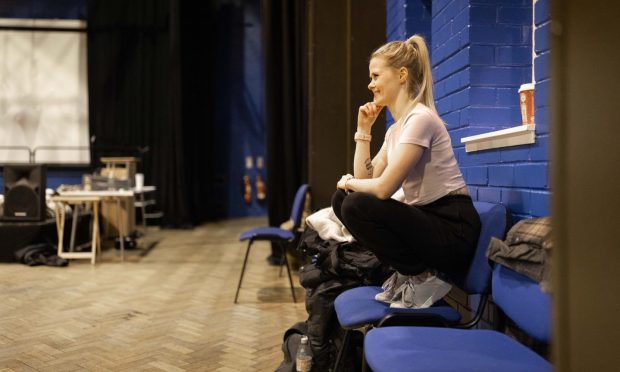
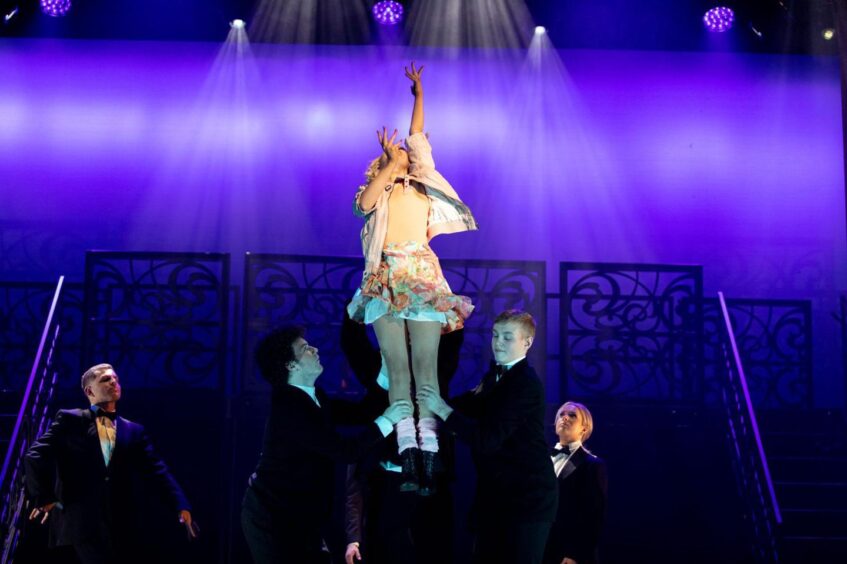
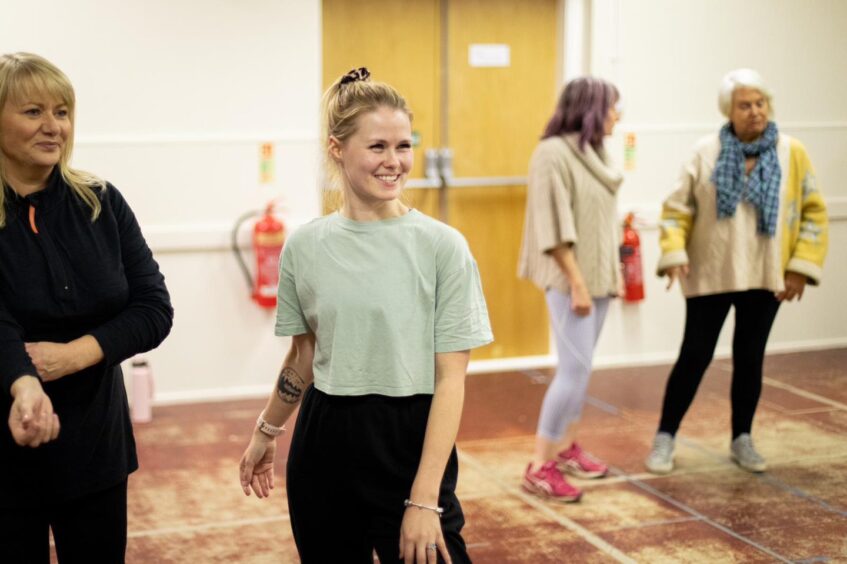
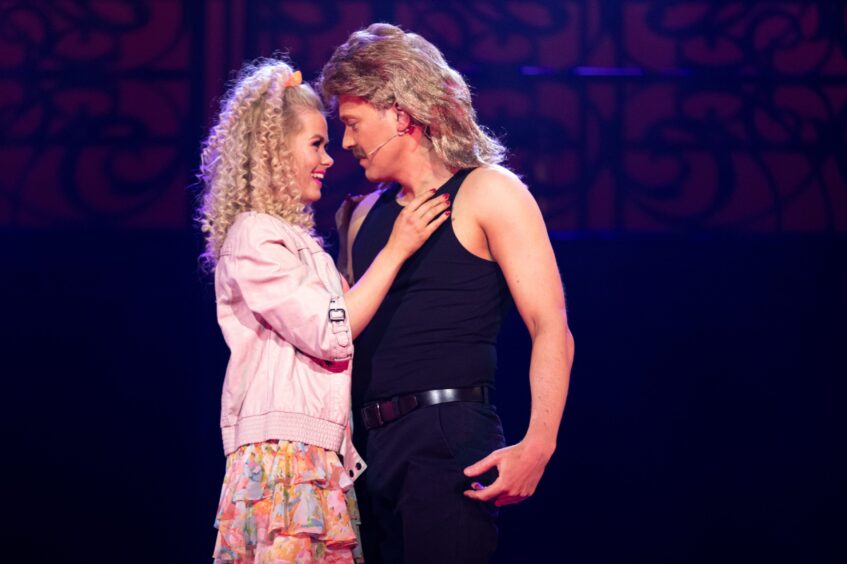
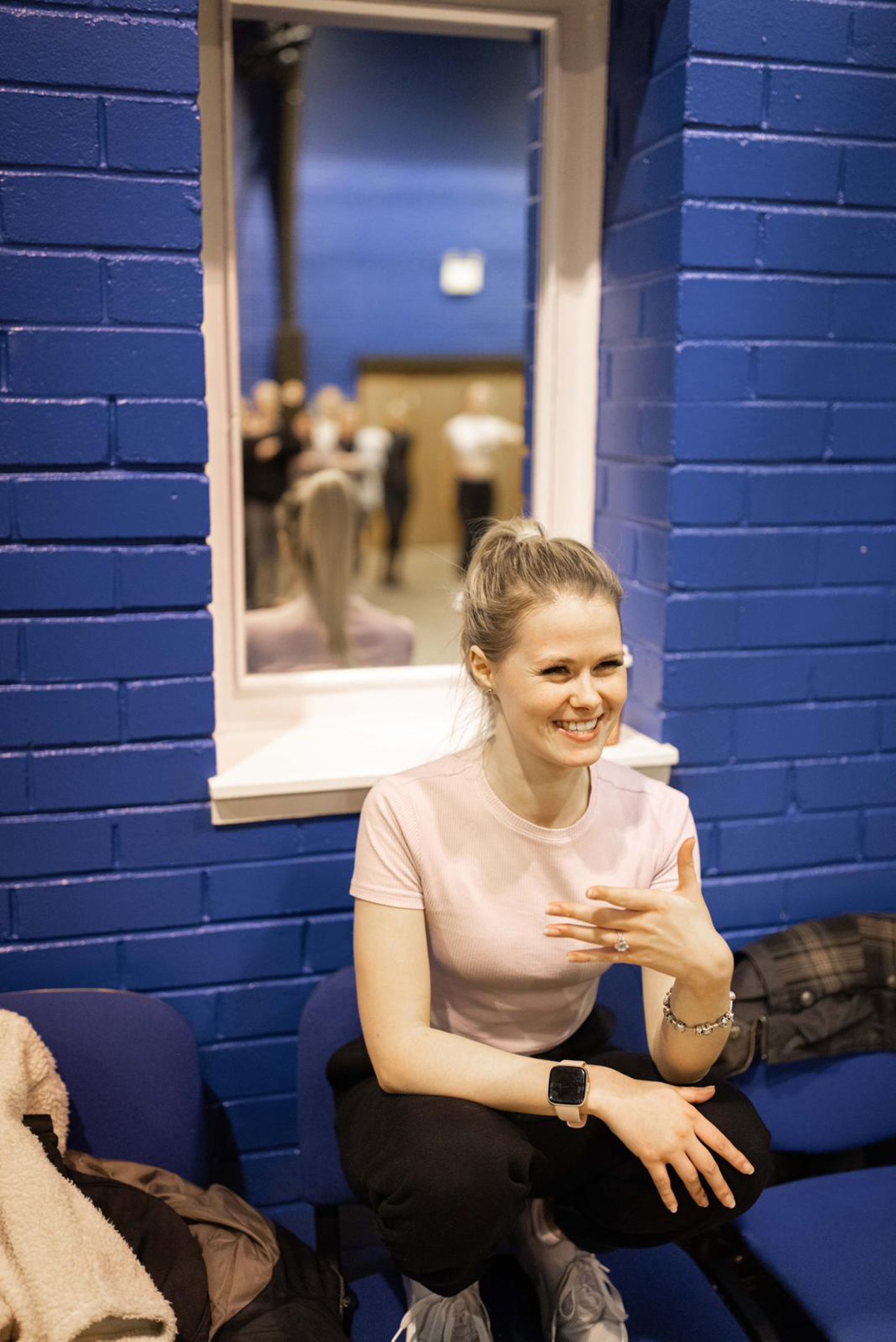
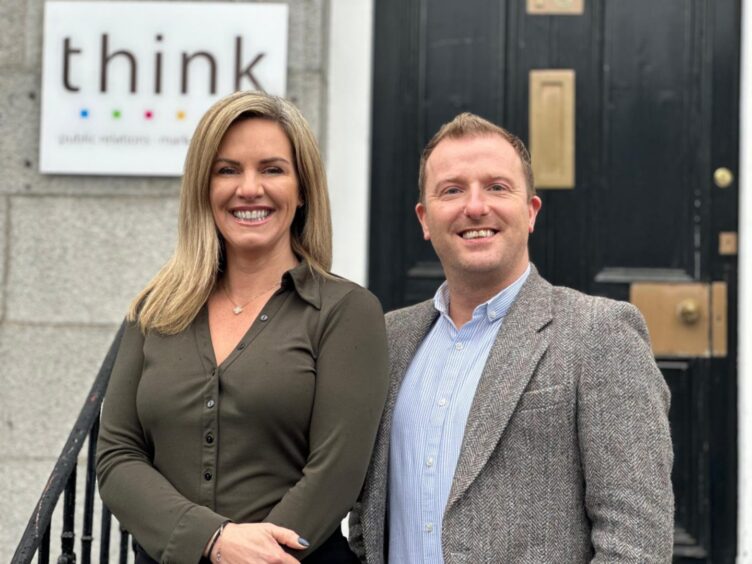
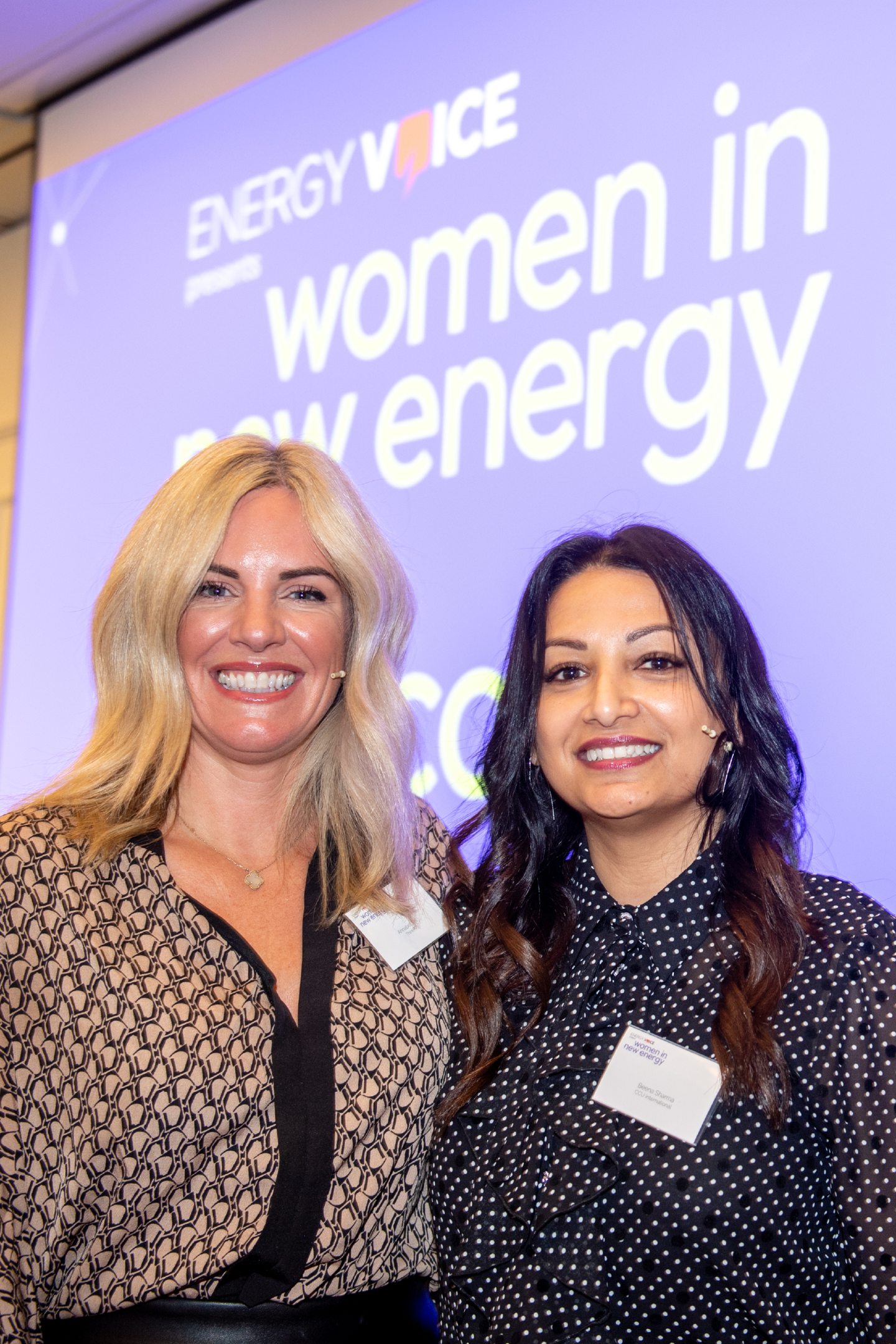
Conversation